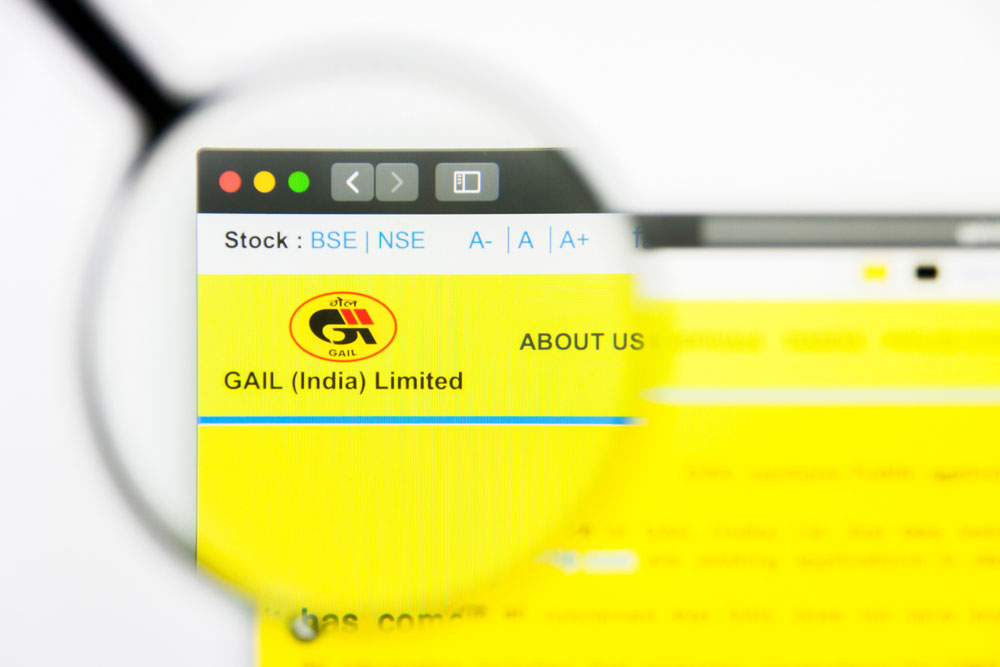GAIL India has hiked the tariff for its Hazira-Vijaipur-Jagdishpur (HVJ) pipeline network by 61 per cent to Rs 41.11 per million British thermal unit (mBtu) from next month.
“The levelised tariff for integrated HVJ is Rs 41.11 per mBtu on a GCV (gross calorific value) basis,” oil regulator Petroleum and Natural Gas Regulatory Board (PNGRB) said in its order.
Industry officials said GAIL has been charging Rs 25.46 per mBtu to those who have been the users of the pipeline since November 2008 and Rs 53.65 per mBtu to users since March 2010.
Under the new structure, the tariff would increase 61.4 per cent for old customers, while it would come down 23.3 per cent for the new customers. About 80 per cent of GAIL’s customers are old users.
Officials said the state-owned firm was finding it difficult to get new customers as they had to pay more than double the rate paid by the older users.
The new tariff rate would boost the customer base of the state-owned gas transmission firm.
GAIL’s integrated pipeline network of HVJ, Dahej-Vijaipur (DVPL) and Vijaipur-Dadri (GREP) accounts for over 70 per cent of the PSU’s gas transmission volume.
GAIL had sought to raise the tariff to Rs 175.20 per mBtu in HVJ from Rs 25.46 per mBtu and to Rs 88.09 per mBtu in DVPL from Rs 53.65 per mBtu.
Stating that such a tariff would be highly inequitable for the users of the HVJ system compared with DVPL, GAIL said a “final levalised tariff of Rs 97.04 per mBtu for the HVJ integrated system be considered by the regulator”.
The firm said such a levalised tariff would help the gas users of the standalone HVJ pipleine as the tariff would substantially come down, and it would undergo marginal upward revision for the DVPL users.
However, the hike would lead to an increase in the costs for the fertiliser, power and city gas companies which use the gas from the pipelines. “Though the returns for the gas transmission entities would improve with the revision in tariffs, the final tariffs approved are significantly lower than the tariffs submitted owing to the conservative assumptions taken by PNGRB,” Prashant Vasisht, vice-president and co-head, corporate ratings, Icra, said.










